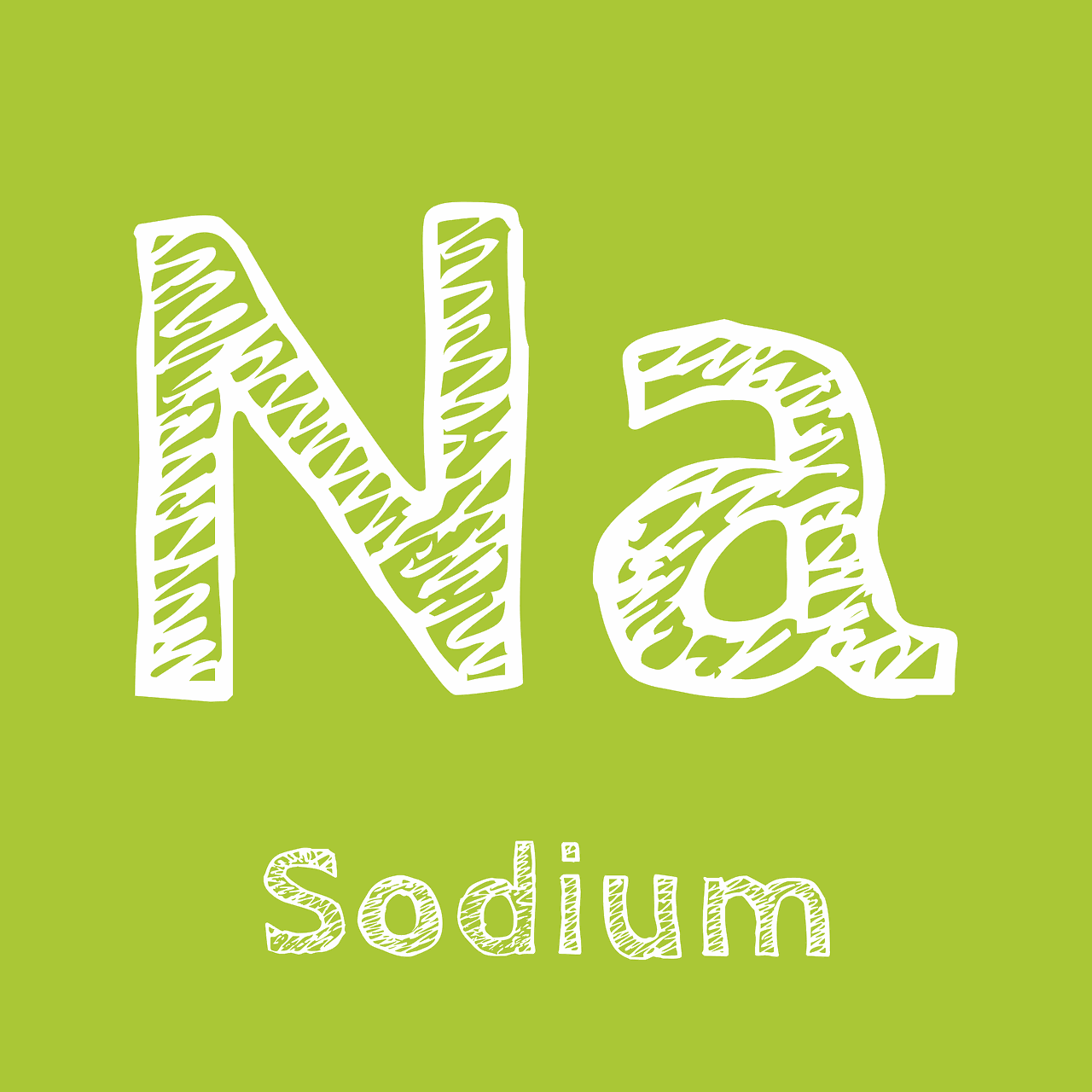Well-Being: Fitness & Diet
Hypernatremia: What are its Symptoms, Causes, and Treatment?
By S.I. (staff writer) , published on January 20, 2024

Medicine Telehealth Health salt sodium
What is Hypernatremia?
Hypernatremia is described as serum sodium concentration greater than 145 mEq/L [1]. Sodium is an important mineral for our body. It is required for the maintenance of both extracellular and intracellular volume.
The human body retains sodium and water homeostasis by concentrating the urine secondary to the action of antidiuretic hormone and increased fluid intake by robust thirst response.
Water deficiency and excess solute are the leading causes of hypernatremia. Most patients present with dehydration and central nervous system dysfunction.
The goal of the treatment is to correct both sodium and intravascular volume. The most severe complication of hyponatremia is subarachnoid or subdural bleeding. It can lead to permanent brain damage or death. Rapid correction of chronic hyponatremia causes cerebral edema, seizures, and permanent brain damage.
What are the Symptoms of Hypernatremia?
The symptoms of hypernatremia are as follows [2]
- Muscle weakness
- Muscle twitching
- Restlessness
- Extreme thirst
- Excessive sweating
- Burns
- Confusion
- Lethargy
- Irritability
- Agitation
- Seizures
- Vomiting
- Diarrhea
- Increased thirst response
- Unconsciousness
- High-pitched cries in infants
- Polyuria
- Polydipsia
- Doughy or velvety skin
Hypernatremia is suggestive of the following conditions [3]:
- Dehydration, which indicates that the patient does not drink the required amount of water, diarrhoea, or certain medicines called diuretics.
- Dysfunction of adrenal glands
- Kidney diseases
- Diabetes insipidus (uncommon)
What are the Causes of Hypernatremia?
Hypernatremia occurs due to net water loss or excess sodium intake. It is common in children and elderly populations with neurological or physical impairment. [4]
The most common reason for developing hypernatremia is total body water loss relative to solute loss. Hypernatremia is usually associated with hypovolemia. Hypovolemia occurs in conditions that cause combined water and solute loss, where water loss is more significant than sodium loss.
The extra-renal conditions such as gastroenteritis, vomiting, prolonged nasogastric drainage, burns, and excessive sweating cause combined loss of water and sodium.
Free water loss is seen in patients with diabetes insipidus. Common causes of diabetes insipidus are insufficient production of ADH, head trauma, cranial neoplasm, pituitary infiltrative diseases, and tubular unresponsiveness to the action of ADH.
Excess sodium usually is iatrogenic. It is generally seen in hospital settings. It is associated with improper formula mixing and excess sodium bicarbonate ingestion.
What are the Treatment Options for Hypernatremia?
The goals of management in hypernatremia are as follows [5]:
- Recognition of symptoms when present
- Identification of the underlying cause
- Correction of volume disturbances
- Correction of hypertonicity
The treatment options are as follows
- Medical Care: It involves fluid replacement therapy and different medications to treat the disease.
- Surgical Care: It is required in cases of central nervous system trauma and central diabetes insipidus.
- Consultation: Consultation with a neurosurgeon, endocrinologist, and nephrologist is recommended.
- Diet: The diet of the patient is monitored. A low-sodium diet will reduce oral sodium intake and, therefore, diminish renal water loss.
References:
- https://www.ncbi.nlm.nih.gov/books/NBK441960/
- https://www.webmd.com/a-to-z-guides/what-is-hypernatremia
- https://medlineplus.gov/lab-tests/sodium-blood-test/
- https://www.ncbi.nlm.nih.gov/books/NBK441960/#:~:text=Hypernatremia%20occurs%20due%20to%20net,correcting%20the%20free%20water%20deficit.
- https://emedicine.medscape.com/article/241094-treatment
Find articles related to: Medicine Telehealth Health salt sodium
More articles about Well-Being: Fitness & Diet
Back to the Health Tips Index




